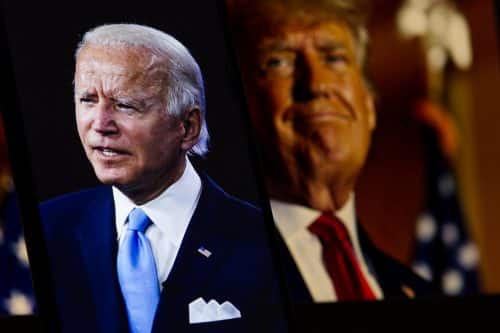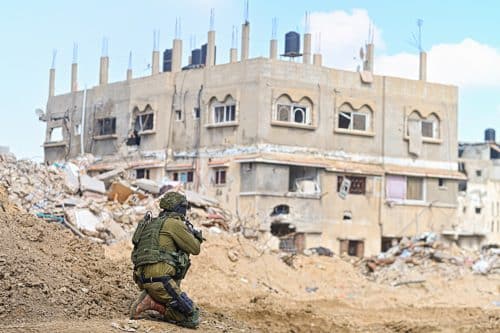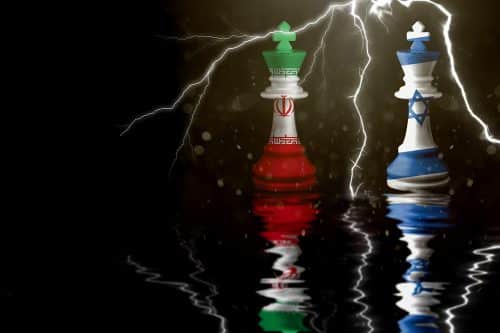Moshe “Puzi” Pozailov can look back on thousands of hours spent interrogating senior Palestinian terrorists. By the time he left the Israel Security Agency (the ISA, or “Shin Bet”) a year and a half ago, he had filled a long succession of field assignments — as an interrogator, interrogation team leader, interrogations department head, deputy director of the interrogations branch, and finally branch director in the ISA. On the list of those he has interrogated, you could find the red-bearded Sheikh Muhammad Abu Tir, who is one of the leaders of Hamas in East Jerusalem, and Marwan Barghouthi, who headed the Tanzim (the military arm of the Fatah) in Judea and Samaria until he was captured in 2002 during Operation Defensive Shield and who is now serving five life sentences for the murder of five Israelis.
“Barghouthi is Yahya Sinwar, copied and pasted”
It has recently been suggested that considering his enormous popularity in the Palestinian street, Barghouthi might be freed to assume leadership of the Gaza Strip on behalf of the Palestinian Authority. We opened our interview by asking about Pozailov’s number one interrogee.
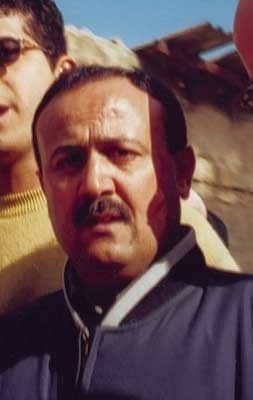
After so many hours with Barghouthi, what’s your opinion of him as a potential leader?
“It’s an outstandingly bad option. Barghouthi’s role model is the Mufti Haj Amin al-Husseini, who was a Nazi and met with Hitler and Eichmann. The Mufti and Barghouthi both touched off their intifadas in the same way. In the 1920s, the Mufti started riots by saying “Al–Aqsa is in danger,” and that’s how Barghouthi ignited the Second Intifada. As soon as he said “Al–Aqsa is in danger,” the pandemonium began. Barghouthi is both a megalomaniac and an extreme Islamist. He called his eldest son Qassam, and if we allow him to govern Judea and Samaria, we’re just copy-and-pasting Yahya Sinwar.”
Many people describe the terrorists as insane or psychopathic. Do you agree?
“I’ve interrogated thousands of Palestinian terror operatives, and in my entire career I’ve met only one that I believe fits the definition of an irrational psychopath. It’s that rare. They’re all rational. The thing is that their rationale differs from ours. We try to understand Middle Eastern logic by means of Western formulas, and it doesn’t work. Even Yahya Sinwar is rational according to the standards of the Middle Eastern rationale.”
What’s rational about the logic of Hamas?
“By our rationale, Hamas really is irrational. As Westerners we want growth and a good economy, but their rationale is Islamist. It’s the desire to establish an Islamic caliphate. It’s a rationale that began with the Mufti Haj Amin Al-Husseini in the 1920s. You see, the difference between ISIS and Hamas is that ISIS wants to establish a caliphate worldwide and Hamas wants to establish one between the river and the sea. Lots of people — including, to my sorrow, some from my organization — have overindulged in the myth about the rationality of Hamas, and a misconception has arisen that Hamas is deterred and would gladly offer quiet in return for economic wellbeing. We are twisting their logic to fit the shape of our own.”
And what does the Middle Eastern rationale say?
“The Middle Eastern rationale proceeds from the understanding of what weakness is. Every interrogee who felt a sword at his throat, who felt that he had something to lose, spoke to me rationally. The problem is that we’re trapped in a Western mindset and we’re ashamed to use such an approach. But in the Middle East, it’s the only way to win wars.”
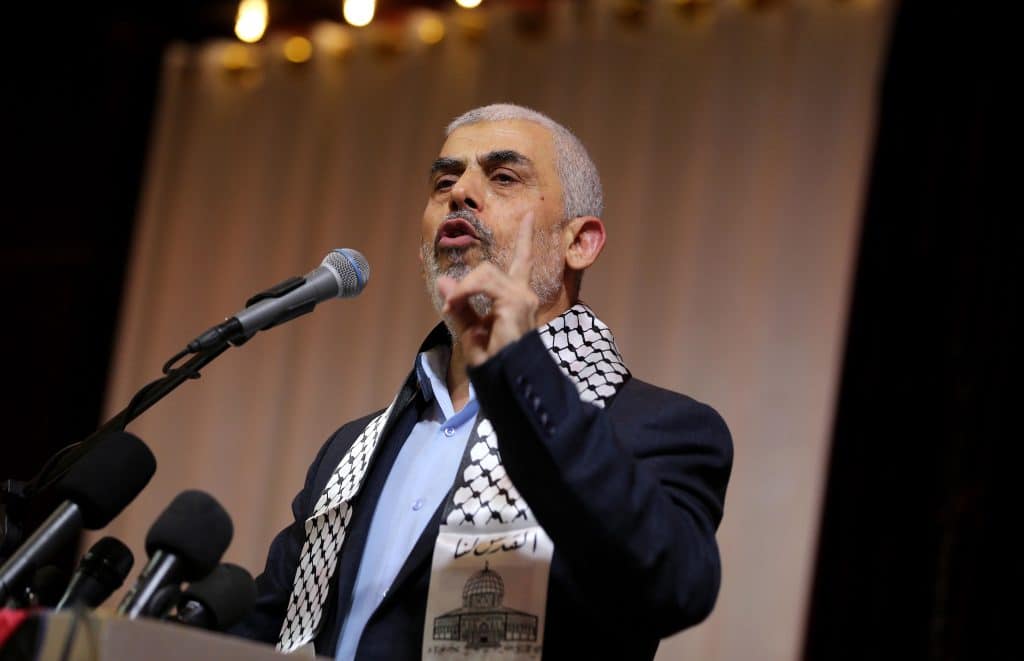
How does that work with a shahid — a seeker of martyrdom? It would seem difficult to put pressure on someone who wants to die for Allah.
“I’ve looked into shaheedism a lot. I’ve spoken with suicide terrorists who pressed the button to set off their explosives. As it happened, their device failed. In spite of everything, I managed to obtain their cooperation as interrogees. We learn how to exploit their personal motivations. In one case, the terrorist had lost his father at a very early age and spent his life looking for a father figure. His Hamas handler perceived that, and spoke to him the way a father speaks to his son. I saw it in the intelligence materials, and I used it in my own interrogation. I also spoke to him that way, in order to become a father figure myself in the back of his mind.”
“There’s an Arabic proverb: When you’re weak, you reach out to the hand that’s reaching for you.”
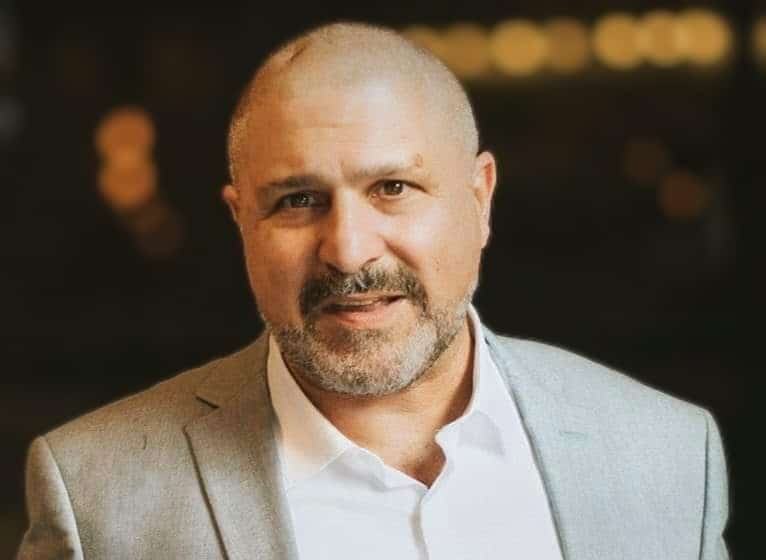
At the end of the 1990s, suicide bombings were on the rise and the head of the ISA told the interrogators to converse with senior terrorists in order to understand the thinking. Those conversations convinced “Puzi“ that to Arabs, peace agreements are temporary by nature. “One of the Sheikhs liked me very much as a person. I asked to speak with him, and he told me “I see you as a friend, so I’ll tell you the truth. We have a proverb in Arabic: ‘When you’re weak, you reach out to the hand that’s reaching for you, but when you’re strong, you cut that hand off.’ Even if we shake your hand, it’s temporary. The religion says that peace is not an option.”
“Puzi“, does that mean there’s no chance for understandings with the Palestinians?
“If we build our strategy on factors that are outside our control, such as the good will of the Palestinians, then it won’t work. But if we build our strategy on our own abilities, then yes, it will work. We made a horrific mistake with the Oslo Accords. They left us with two malignant growths, one in Gaza and one in Judea and Samaria. What happened in Gaza now is a game changer. Nothing will be the way it was. We have a chance to do something in Gaza that’s never been said or done before. There’s no returning to the same old place. If we do return there, we’ll have another cycle of war. We need to think differently.”
Maybe under different Palestinian leadership it would be possible?
“I believe the problem isn’t only with the leadership. It’s also with the people themselves. Their culture doesn’t allow for peace that fits our definition. Arafat always said — and he was recorded saying it — ‘Remember Hudeibiya.’ There was a conflict between Muhammad and the city of Hudeibiya, so he made peace with them, but as soon as the opportunity arrived, he took them by surprise and slaughtered them.”
If the problem is cultural, then is Hamas really an “idea” of an undefeatable kind?
“The Nazi idea was dominant too, all over Europe. And where is it today? Of course an idea can be defeated. And terror is even more defeatable. I was in the ISA before Operation Protective Shield, and a lot of people told me you can’t defeat terrorism. But then Ariel Sharon became Prime Minister. He arrived at ISA headquarters in September 2001 to meet and greet, and after Avi Dichter told him that last year we’d been dancing with wolves, Sharon took the stage and said ‘Sir, I shall expect you, as head of the service, to kill wolves, not dance with them.’ We need to be in a position to stop terrorists as soon as they begin emerging. To use the lawnmower, not let them grow.”
Favorably surprised by the Israeli Arabs
It was recently published that two terrorists from the massacre found shelter in Rahat. How do you see the Israeli Arab sector’s attitude to the war?
“There are admirable people among the Israeli Arabs, such as Mansour Abbas. His leadership is impressive. It carries values. He had the ability to denounce the massacre unambiguously. Listen, I had occasion to interview many Israeli Arabs last year for a private research project. I spoke with them one on one, not as a government agent, and they said they were very satisfied with Israel’s democracy. They wouldn’t welcome an Arab regime instead, because there is no Arab democracy in the Middle East. They explained to me that they’re living well, they feel that they’re citizens with equal rights, and they see Israel’s national insurance system as a kind of miracle.”
So there’s a change in Israel’s Arabs?
“Definitely. The Arab public ranges between restraint and saying that Hamas committed heresy and sacrilege. That’s another indication of hope.”
Would a similar change be possible among the Gazans?
“Where Gaza is concerned, I’m less optimistic. Gaza needs to go through a kind of Naqba and start everything over from scratch. In my estimation, in Gaza as of today only 138 people aren’t implicated — the abducted Israelis. Hamas won the elections in Gaza, you understand, and it would win in Judea and Samaria as well if elections were held there. In Egypt too, as soon as there were free elections the Muslim Brotherhood assumed power. If you give them democracy, you’ll get an Islamic caliphate.”
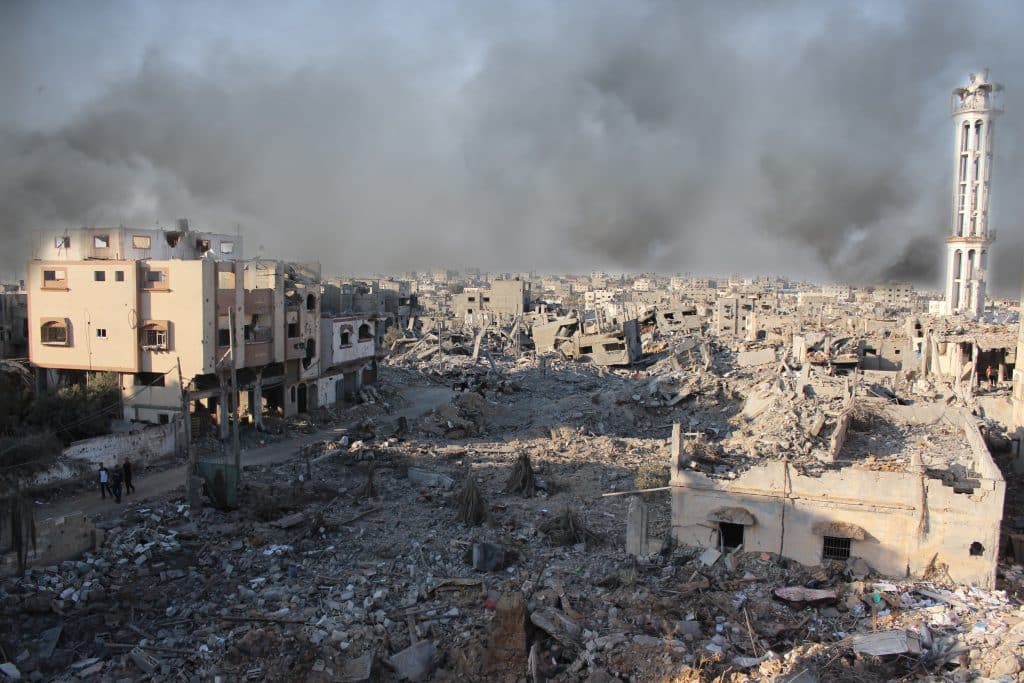
What future do you see for Gaza?
“In Gaza, we need to find a solution involving separated local authorities, let them govern themselves, and if they meet certain qualifications such as removing incitement from the educational system, separating religion and state, and so on, then in twenty-five to fifty years we progress toward granting autonomy, for example. But first of all we need to uproot the incitement and introduce moderate, secular cultural influences that aren’t there today.”
And what about Iran? How do you explain Iran’s reluctance to join the war?
“Look, in Islam a dog is considered an unclean animal but there’s an Arabic proverb, ‘The dog sired a puppy more unclean than its father.’ The Iranians are a kind of parent to Hamas, but Hamas committed deeds that apparently Iran doesn’t want to be associated with. You have to understand: On August 22, at a summit in Lebanon, the October 7 attack was approved in principle but they didn’t understand how apocalyptic it would be. Hamas lived out its dreams beyond all expectations. Iran had wanted nothing but a little period of trouble as a distraction from a sprint of uranium enrichment. Now the apocalyptic scope has caused the Americans to send enormous forces here, and those forces are a cardinal threat to the Iranians.”
You’re describing complicated, difficult times in our region.
“This is one of the grimmest periods ever here. But Shalom Hanoch sings ‘It’s darkest before the dawn,’ and there’s also a chance here for the dawn of a new day. Everything happened because the chance for a new dawn — for an agreement with Saudi Arabia — was very frightening to the Iranians. But we haven’t shifted away from that. When the Saudis see how strong we are and how significant our alliance with the USA is, they’ll return to the idea. They understand that the danger to their lives is greater than to ours. But before then, what we have to do is win the war indisputably.”
